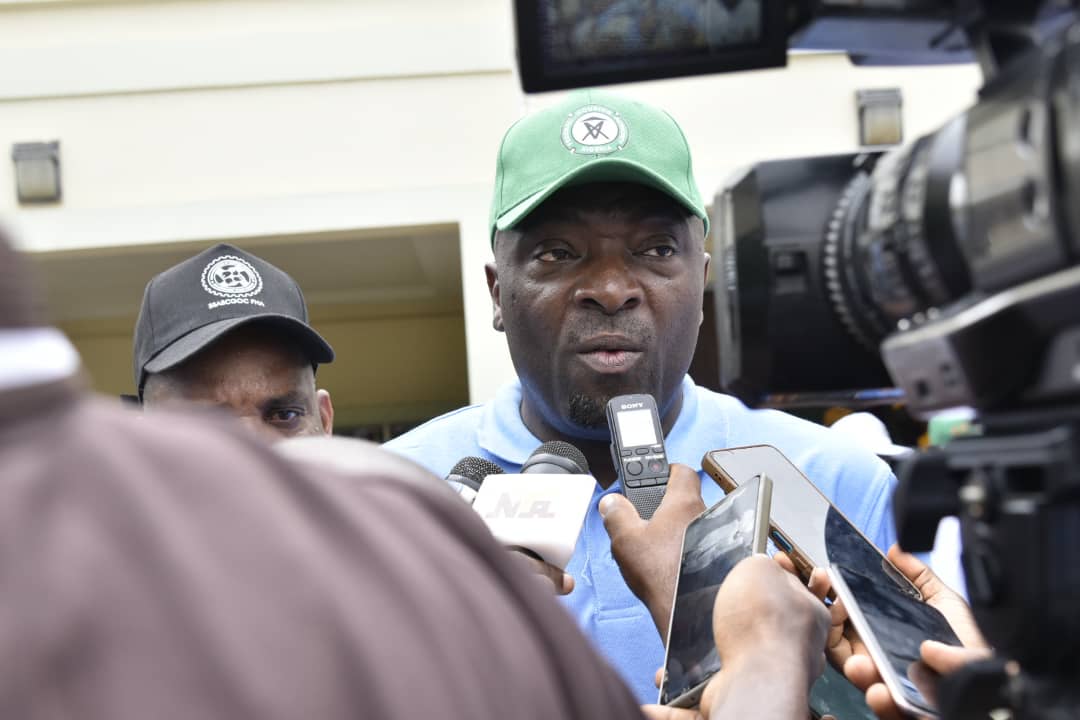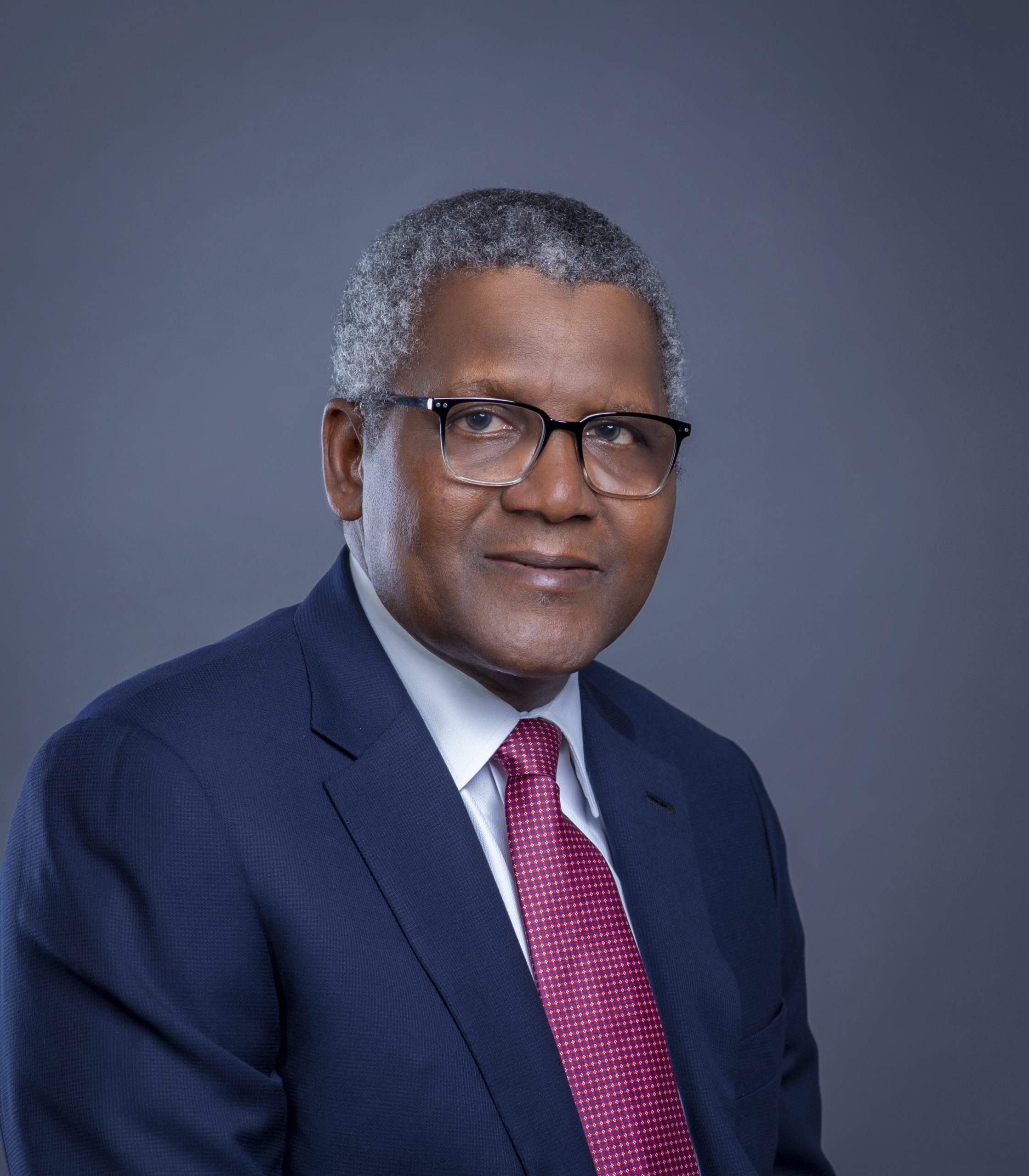![MG_logo[1]](https://i0.wp.com/sahara.test/wp-content/uploads/2016/01/MG_logo1-300x77.png?resize=300%2C77)
![Phone(1)[1]](https://i0.wp.com/sahara.test/wp-content/uploads/2016/01/Phone11-300x272.jpg?resize=300%2C272)
One of the novel fallouts of the twenty-first century is the increasing significance of remittances as a composite of household disposable income. Remittances represent household income from foreign economies arising mainly from the temporary or permanent movement of people to those economies. Remittances include cash and non-cash items that flow through formal channels, such as across electronic wire, or through informal channels, such as money or goods carried across borders. International experience suggests that remittance flows have important implications for macroeconomic and financial stability. As such, accurate compilation and recording of remittance flows as well as new trends and innovations in remittance corridors are crucial for understanding the behavior of the remittance market.
Remittances contribute to economic growth and to the livelihoods of people worldwide. Money sent home by migrants constitutes the second largest financial inflow to many developing countries, exceeding international aid.
According to the World Bank figures for 2011, total revenue for the Global Funds Transfer segment was $300.2 million in the fourth quarter of 2011, up 8 percent from $276.7 million in the fourth quarter of 2010. The segment reported operating income of $33.4 million and an operating margin of 11.1 percent in the fourth quarter of 2011. Adjusted operating margin was 14.0 percent in the quarter, up from 11.9 percent in the prior year’s quarter. Q3 2015 Earnings result by MoneyGram International, one of the two global heavyweights in the money transfer operations sector, puts its revenue growth at 67%, with annualized revenue figure for the period at $160million. Western Union’s profile too is equally impressive.
Remittances have a distributive impact on households as income and consumption
patterns are affected. The vast majority of remittances are used to provide for the basic needs of households regardless of the country, with siblings and parents the most likely recipients. Generally, the major uses of remittances in Nigeria include housing, consumption and education financing, with spikes generally observed in remittance flows during back to school and pre-Christmas periods.
The favourable impact of globalization on the movement of skilled immigrants as well as the large advances made in the use of technology accompanied the beginning of the
twenty-first century. Against this background, the size of the Nigerian Diaspora community worldwide increased, precipitating significant increases in remittance flows into the country. Wikipedia estimates that 20m Nigerians reside outside the country with majority in the UK and US while the British Foreign office states that the population of the Nigerian community in the UK is between 800,000-3million.
According to the World Bank, the Nigerian remittance market is worth well over $10 billion. Besides the size, the market has enormous opportunity and growth prospects.
MoneyGram International and Western Union are two foremost MTOs that have deepened their dominance of the local remittance market largely through their sharp lookout for trends and innovations in product development as a strategy of delivering customer delight. Of particular note is increased economies of scale of the two major operators attributable to their worldwide expansion in the number of agent locations as well as the introduction of electronic money transfer system. This has created a significant reduction in costs of transfer and improvement with regard to ease of transferring funds, thereby attracting more and more customers into the net.
In its nearly twenty years of operations in Nigeria, MoneyGram has proved to be a real leader in the strategy of securing first mover advantage in deploying innovative products to broaden its market appeal and customer base. The latest of such is its new Cash-to-account service offering which, again, is the first in the Nigerian remittance market.
For a society like Nigeria where the role of remittance in solving personal and family financial needs is highly acknowledged and where also the rate at which personal and family issues requiring financial interventions come up is astoundingly rapid, a product like cash-to-account money transfer is a welcome development.
This new service offering allows remittances to be received directly into the receiver’s personal bank accounts anywhere in the country and same accessed any day or time just like any other deposits.
Unlike the standard money transfer service, the new MoneyGram Cash To Account (C2AC) does not require the receiver to physically visit any agent location for identification and other formalities before he or she can access transfers.
Picture a scenario in which a family member has a life-threatening occurrence on a Saturday that requires financial intervention same day and to solve the matter, you need to access fund transferred to you by a family member abroad. In the pre-cash-to-account era, the earliest you could access such fund would be on Monday and havoc might already have been done.
The birth of the cash-to-account offering means right in the comfort of your home or through any other means of accessing your regular bank account that you are comfortable with, you can access and spend funds transferred to you in Nigeria from any part of the world anytime.
Investigation shows that the transaction process (starting with actual transfer abroad and the fund landing in the receiver’s account in Nigeria) can be concluded within 10 minutes.
A customer sending money to Nigeria from the US, UK, Germany, Italy and many other countries of the world can indicate at the point of send whether he / she wants the remittance to be collected in cash ( over-the-counter) in Nigeria or be sent to hit a bank account in Nigeria. All that is needed, in addition to the standard sender details (Sender’s first and last names and telephone number), is that the sender will be required to supply recipients name (first and last), their 10 digit numeric NUBAN account number, their bank name and the purpose of the transaction
Once transaction is successfully completed, receiver’s account is credited in Nigeria instantly and, on receipt, the local bank alerts him/her via email/SMS notification just as it happens in the regular banking transactions. The receiver does nothing as his/her account is directly credited. No form to fill; no visit to agent for identification; no payment of any landing cost.
With near or real-time connections, the receiver has access to the funds whenever he/she wants. Funds are available to receivers 24/7, 365 days in the year and they can easily retrieve money transfers from their accounts at night, during public holidays and on weekends using any of the e-transfer channels, ATM, POS and other available withdrawal platforms.
Speed, convenience and ease of mind are in-built features of this new innovation. Fund is guaranteed to be securely deposited directly into receiver’s account with the risk of fraud and other malpractices hitherto associated with fund transfer receivership in the country eliminated.
Befittingly, the new cash to account offering has been pioneered in the Nigerian market by MoneyGram International which is the only MTO with a fully functional regional office in the country. It may be argued that establishing its West African hub in Lagos has helped the brand to be better able to understand the needs of the local market and also offer quicker and better marketing and operational support. Such understanding of market needs and dynamics is required more from other market players for the nation’s remittance market to remain abreast of global trends and innovations.

 Business7 months ago
Business7 months ago
 celebrity radar - gossips5 months ago
celebrity radar - gossips5 months ago
 celebrity radar - gossips4 months ago
celebrity radar - gossips4 months ago
 Business3 months ago
Business3 months ago

![MG_logo[1]](https://i0.wp.com/sahara.test/wp-content/uploads/2016/01/MG_logo1-300x77.png?resize=300%2C77)
![Phone(1)[1]](https://i0.wp.com/sahara.test/wp-content/uploads/2016/01/Phone11-300x272.jpg?resize=300%2C272)













You must be logged in to post a comment Login